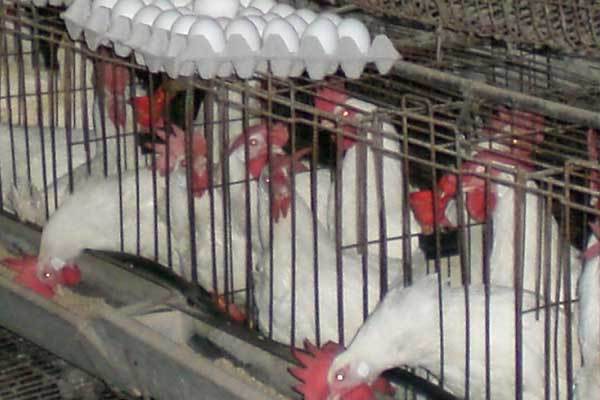Cage ban disrupts European egg market for long term

The European market for eggs is a displacement market. The battery cage ban that came into force on 1 January 2012 has significantly disrupted the market, which will not stabilise in the coming year, says ABN Amro bank in an analysis of the European egg market.
The regulations were implemented in the EU at different moments and it will take probably until 2014 before supply and demand will be in balance again.
In the short term this works in favour of the Netherlands as an egg exporter and egg prices will remain above the long-term average.
Farms with colony housing face competition from enriched cage eggs from southern and eastern EU countries.
Barn eggs will experience price pressure from the large scale up of production for barn eggs in Germany in the mid-term. The egg breaking industry will become a more interesting outlet for these types of eggs.
Demand for free range and organic eggs is developing favourably.
The competitiveness of the egg industry sector is negatively affected by regulations on environmental issues and manure, which have a cost increasing effect.
Feed influence
The cost of eggs exists for more than two-thirds of feed costs. ABN Amro expects feed costs in 2012 to decrease, but remain at a higher level than in the past decade.
Opportunities are there for the industry in the area of animal health improvement, high logistic efficiency and cost control.
Connecting production to demand both in volume and in terms of quality is perhaps the greatest challenge for the egg industry in coming years.













